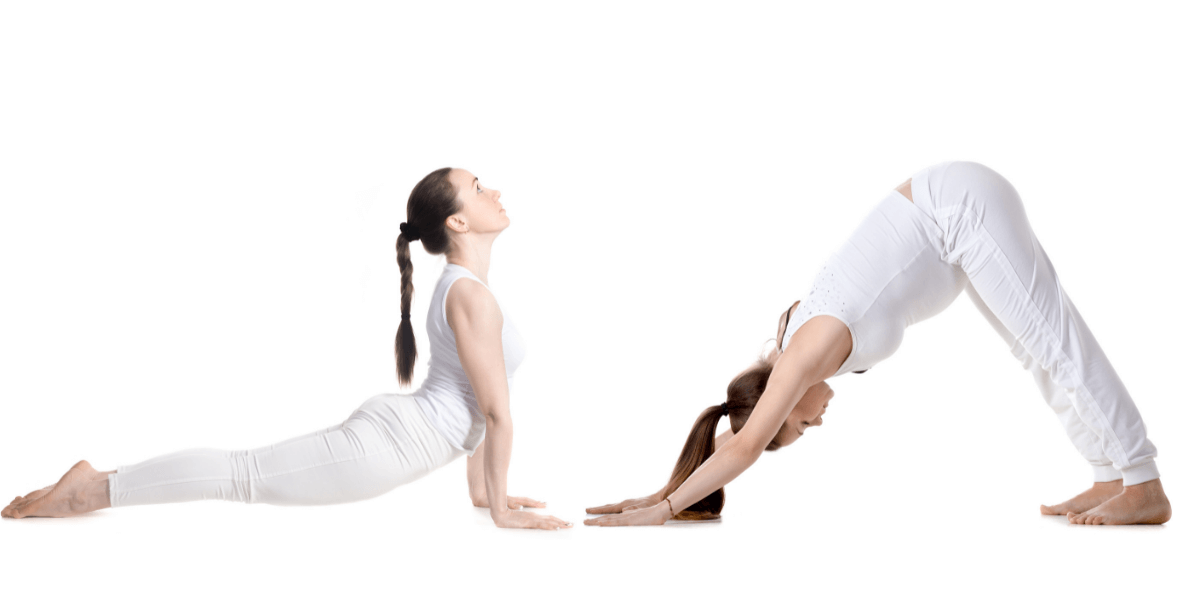Yoga is an ancient Indian technique that can be used to create a connection between your body, mind, and spirit. Yoga, as a holistic health approach, has the potential to develop muscle tone, build flexibility, and speed up fat-loss processes in your body.
It is one of the best ways to cope with acute and chronic inflammatory and painful medical conditions, such as lumbar spine pain, knee joint pain, and sciatica. Yoga increases blood circulation to all parts of the body, stimulating happy hormones in the brain, such as dopamine and serotonin. It can even reduce symptoms of cancer and osteoporosis.
Whatever your objective is, yoga can help you achieve it. However, yoga is a holistic complementary alternative medicine and produces optimal results over time.
Within the first 24 hours of practicing yoga, what happens to your body? We took a deep look into the effects of yoga on the body, in as little as one day.

Changes in Your Body 24 Hours After Yoga
Experts say that the effects of yoga start the moment you finish your first session or practice. Although you may not realize it, the deep breathing and the particular poses trigger your body muscles, tissues, and cells to start the healing process.
Many people feel awkward sensations or tingling in their bodies after their first class. This is because your body has just started to stimulate its healthy mechanisms and functions. If you feel deep breathing has caused numbness in your arms or hands, don’t panic. The oxygenated blood has found its way to reach the most vulnerable parts of your body.
It is normal to feel soreness in your body during and after yoga. After your first session, you will experience looser hamstrings and stronger shoulders. You will also feel relaxed and calm after your first yoga class.
It is crucial to know that your first session is all about stimulating your muscles and tissues, initiating essential cellular processes that will eventually lead to optimized metabolic rates and homeostatic levels.
Moreover, Hatha yoga focuses on physical postures that sharpens your focus and boost your working memory. A brief 20-minute session of Hatha yoga can produce excellent results within 24 hours by improving your cognitive function. A study conducted at the University of Illinois highlights that participants performed 20 minutes of Hatha yoga and aerobic exercises that led to better brain functioning. Hatha yoga is a wonderful school of yoga to begin with and can produce immediate effects on your brain.

Changes in Your Body Seven Days After Yoga
Depending on how often you practice yoga, you will experience varying results. If you practice two to three yoga classes in one week, you will feel more relaxed and calm. According to Mary Beth LaRue, the co-founder of Rock Your Bliss, a week of daily yoga practices opens your body physically, and leads to more tranquillity in your muscles.
Your muscles will experience more spaciousness and flexibility than previously when they felt tight and tense. After completing your fourth session, you will be able to control your breathing, movement, and balance – said Emily Morwen of Modo Yoga, Los Angeles.
Likewise, you will start enjoying more complicated or difficult poses like Tree Pose. You’ll also start to feel more openness in your shoulders, torso, groin, and thigh muscles. Additionally, your joints will be noticeably more flexible and, over time, you will build a stronger core and back.
Another notable change in your body will be in your mind and focus. Yoga is proven to have positive impacts on your mental health. In one study, students participated in two to three yoga classes a week and found an improvement in emotional control, resilience, and fatigue. These changes can drastically improve daily mental function and lead to a more positive outlook. This is why yoga can be an excellent practice for depression, anxiety, and stress.
Final Words
It requires a great deal of motivation to start and continue yoga. Over time, you will become more confident. After just one yoga class, your body’s natural mechanisms will improve, increasing brain function and blood flow throughout the body.



